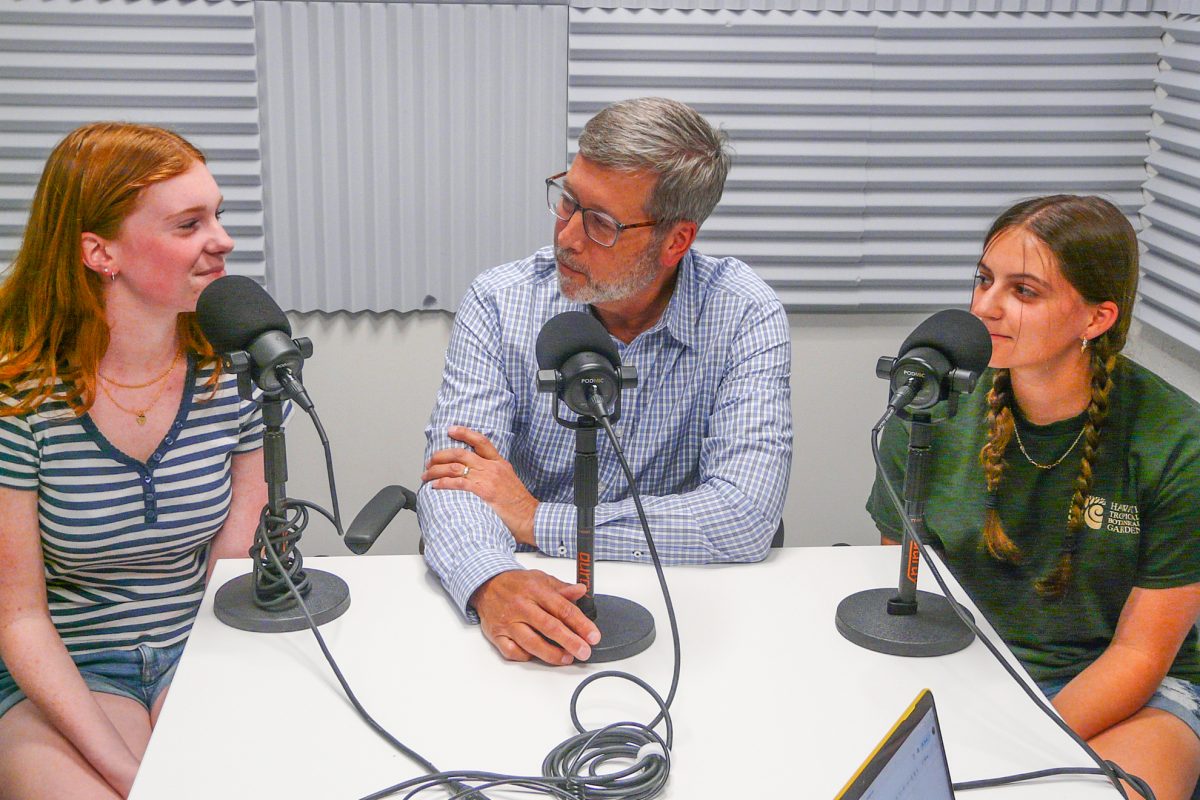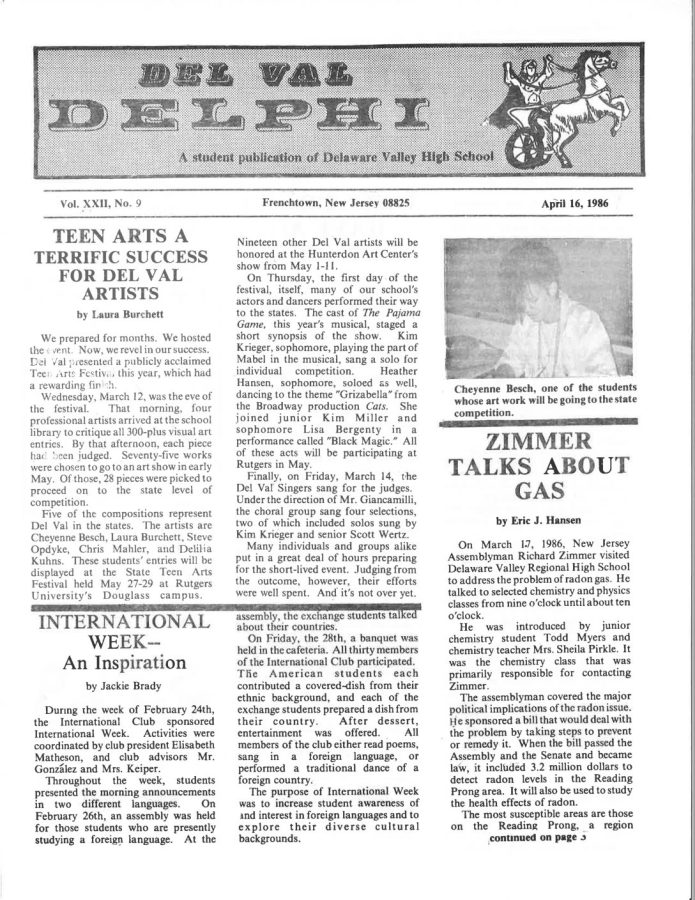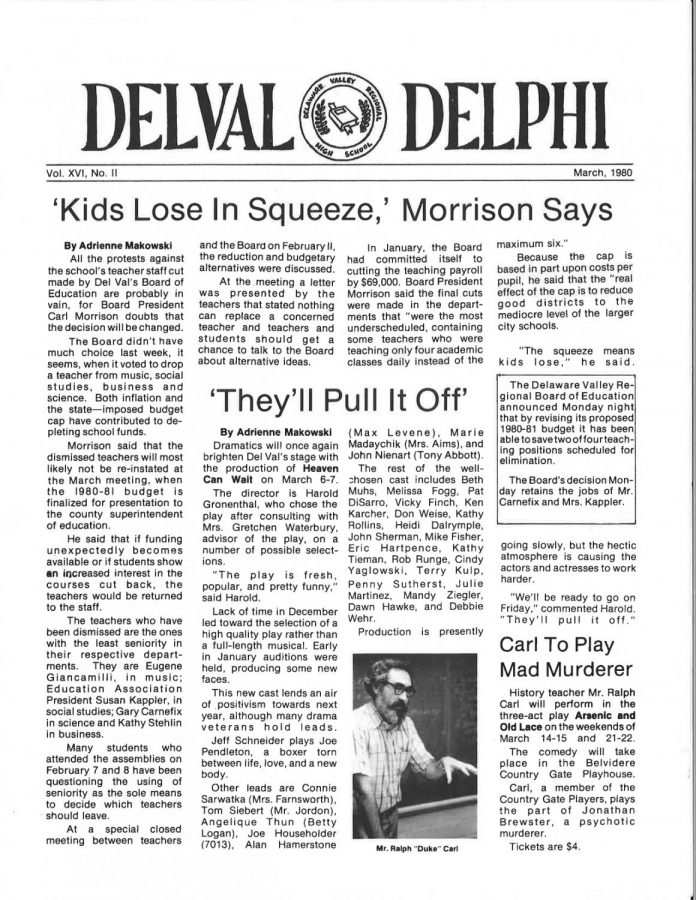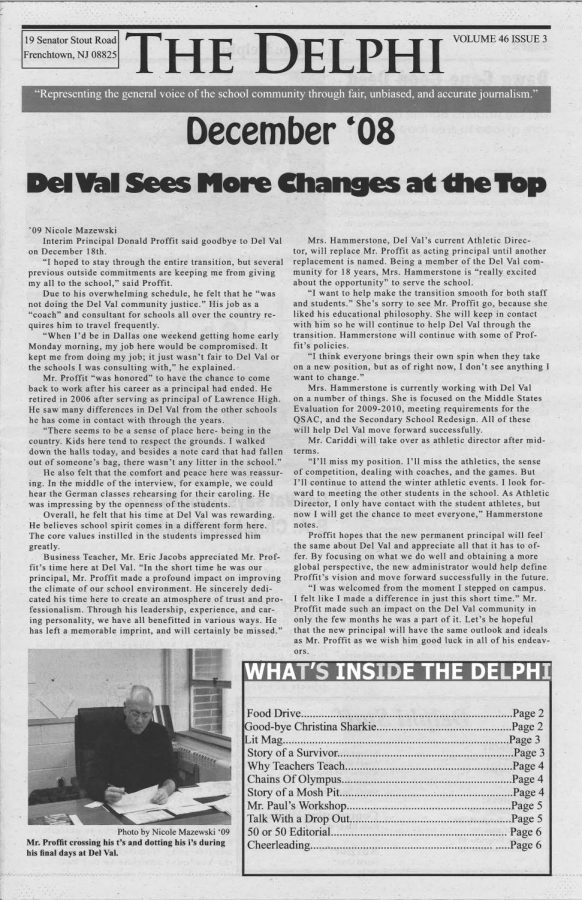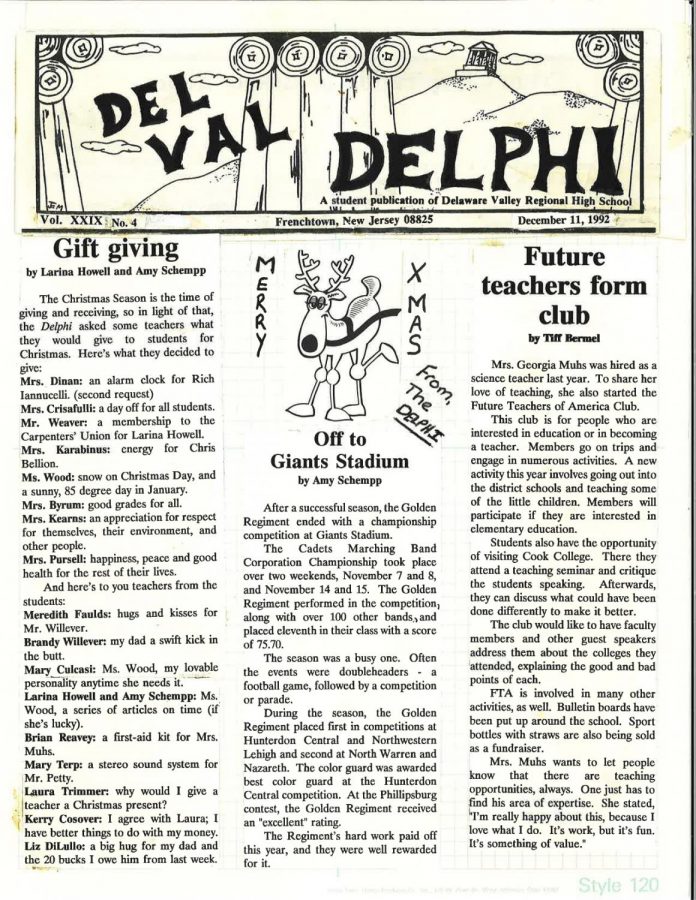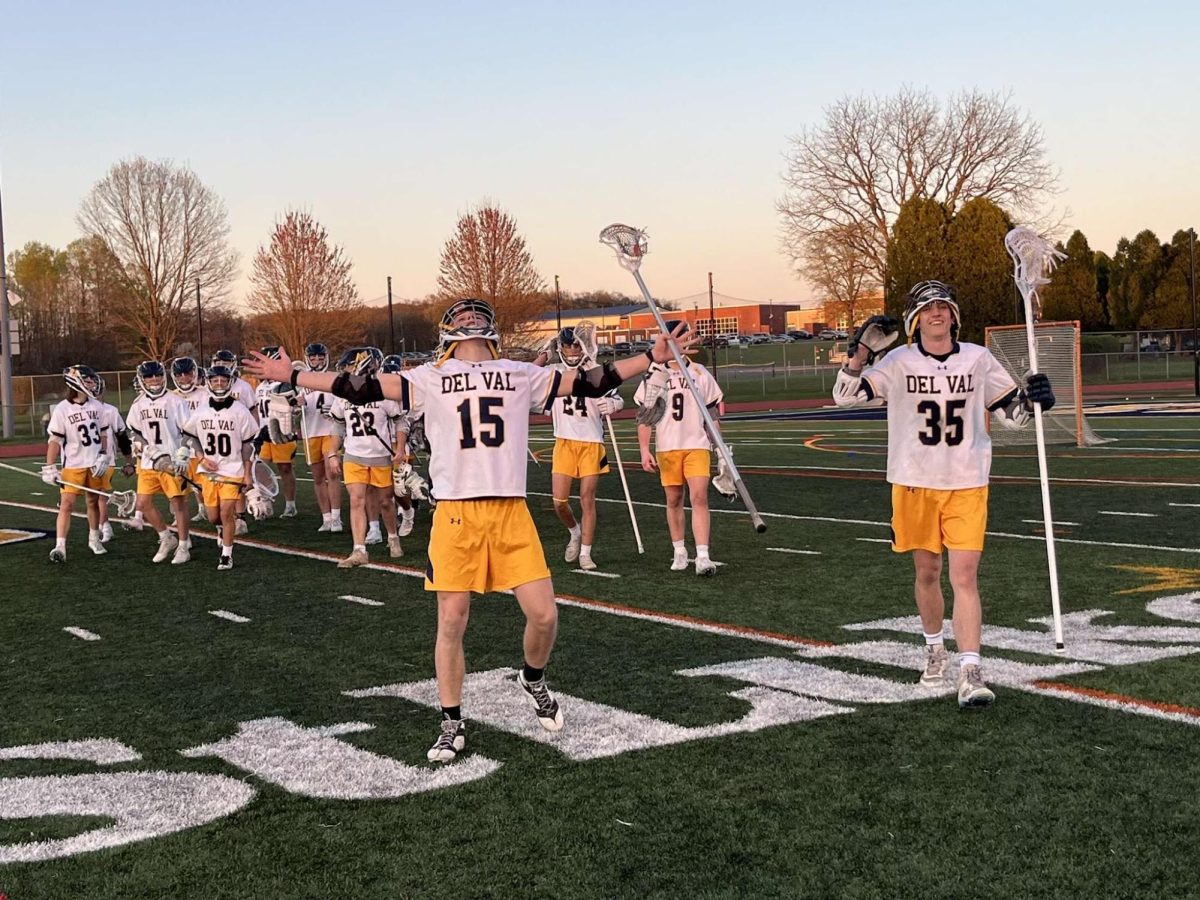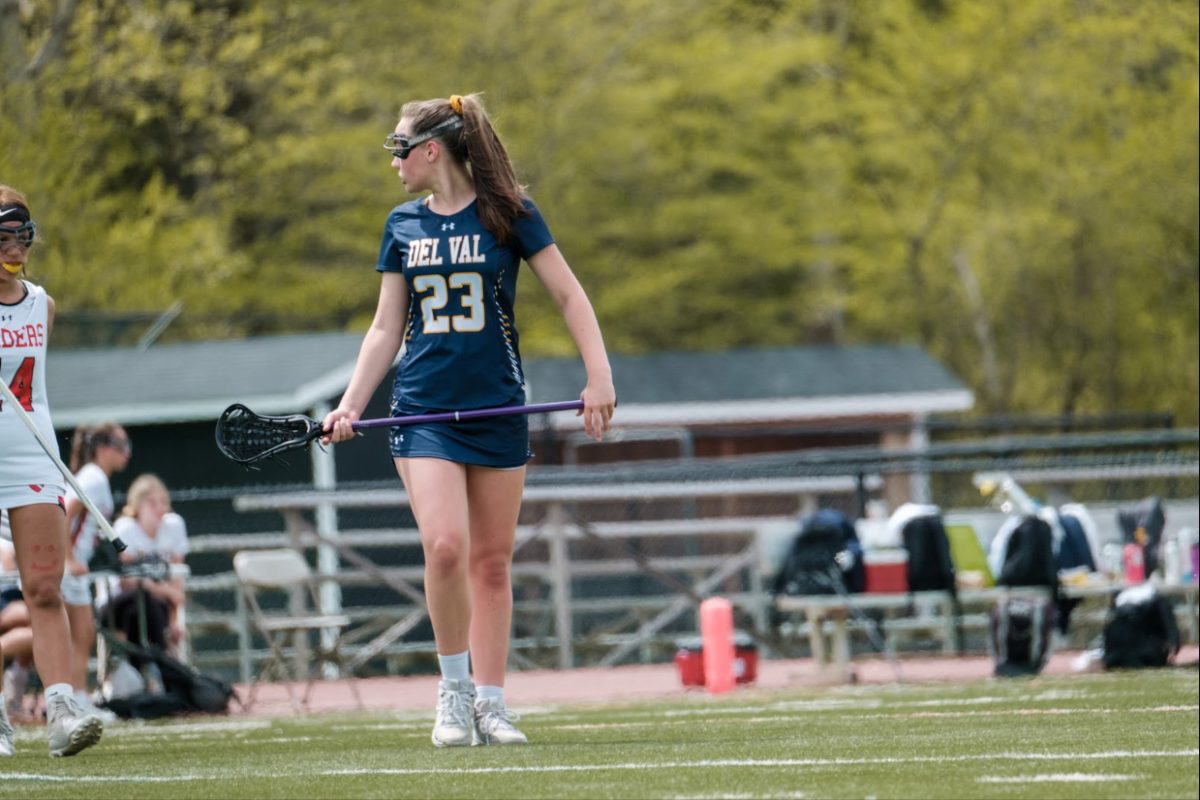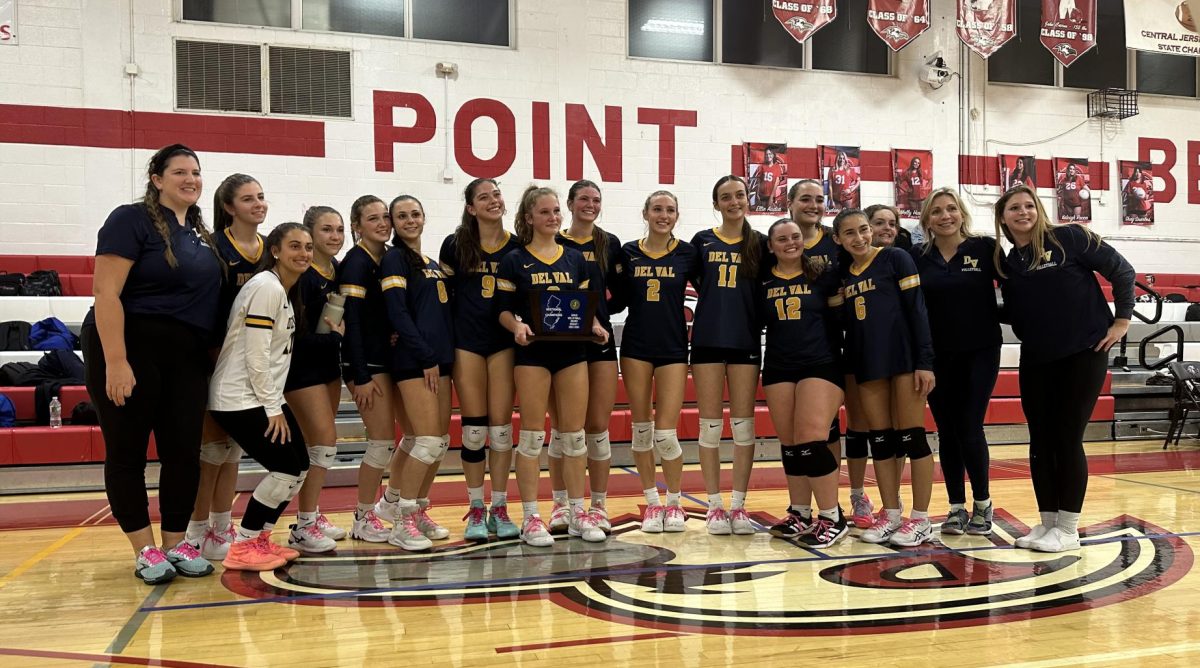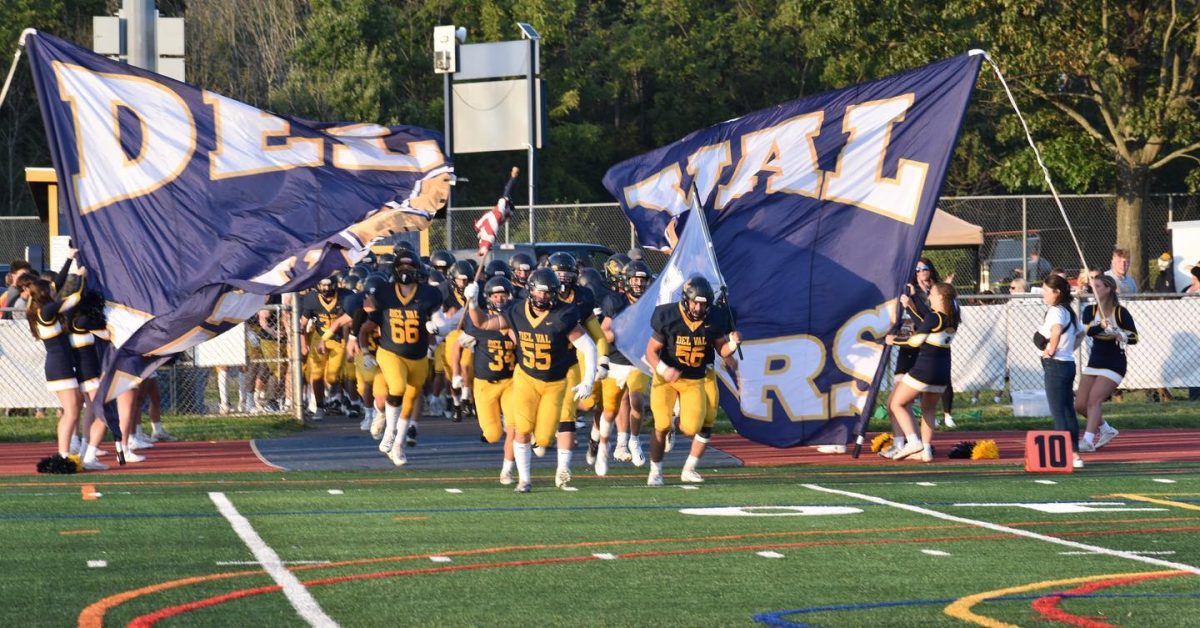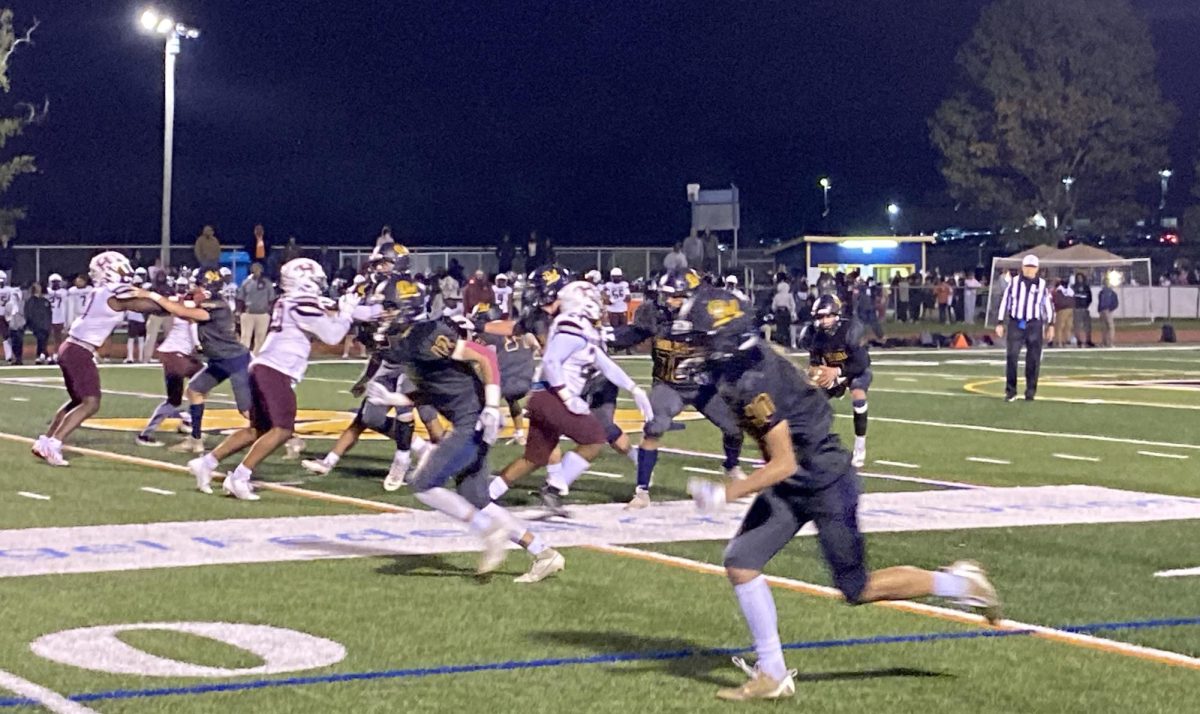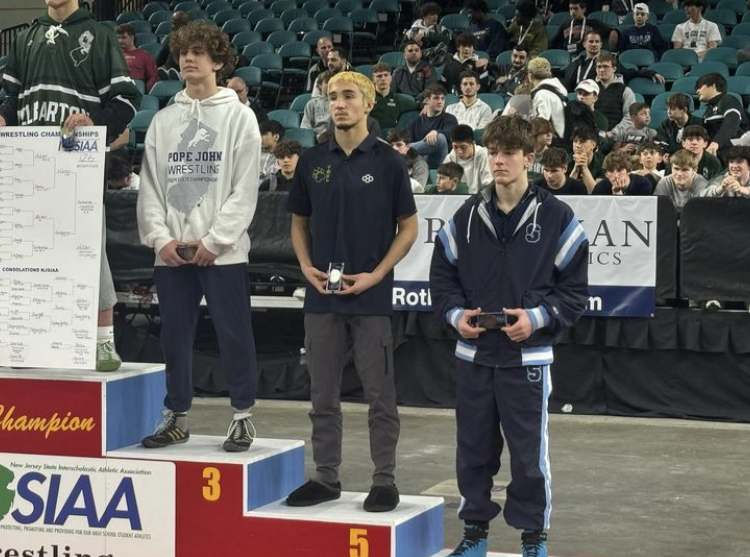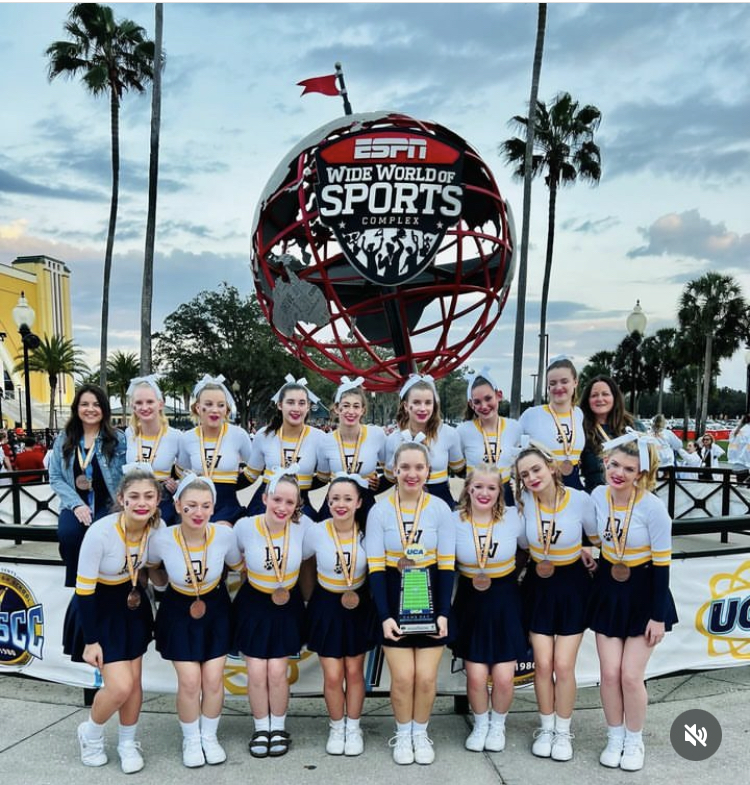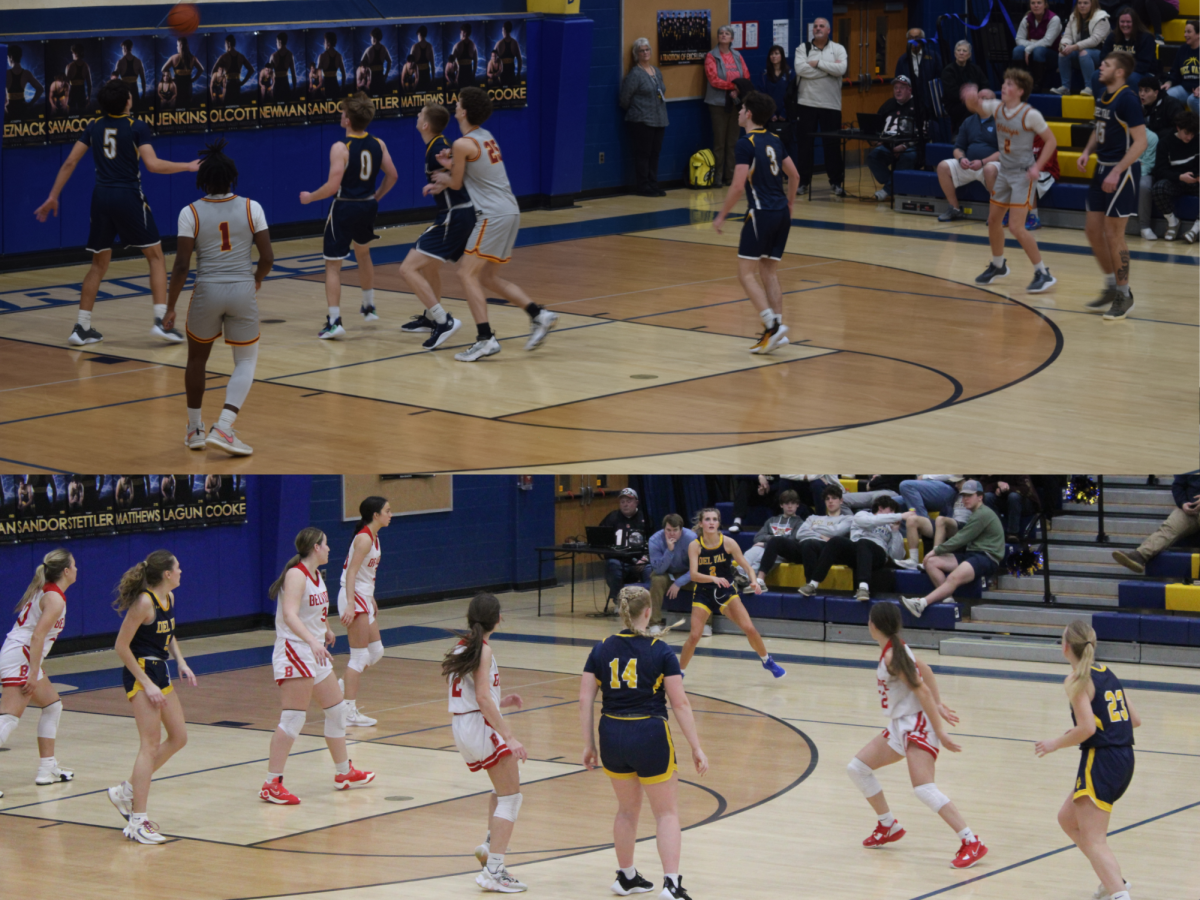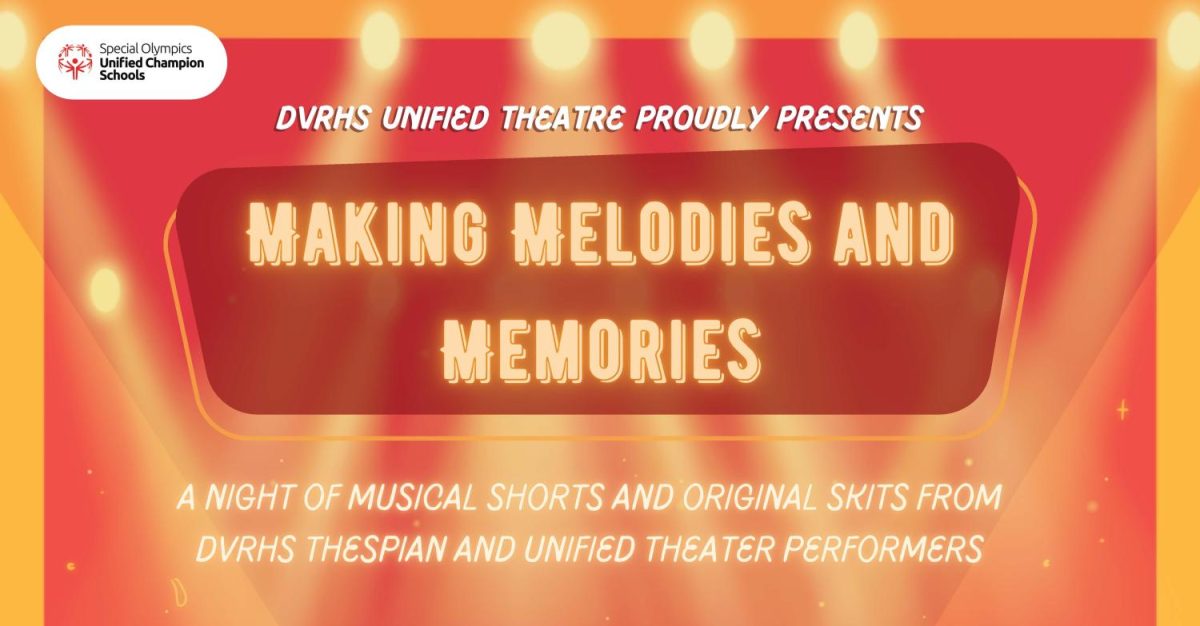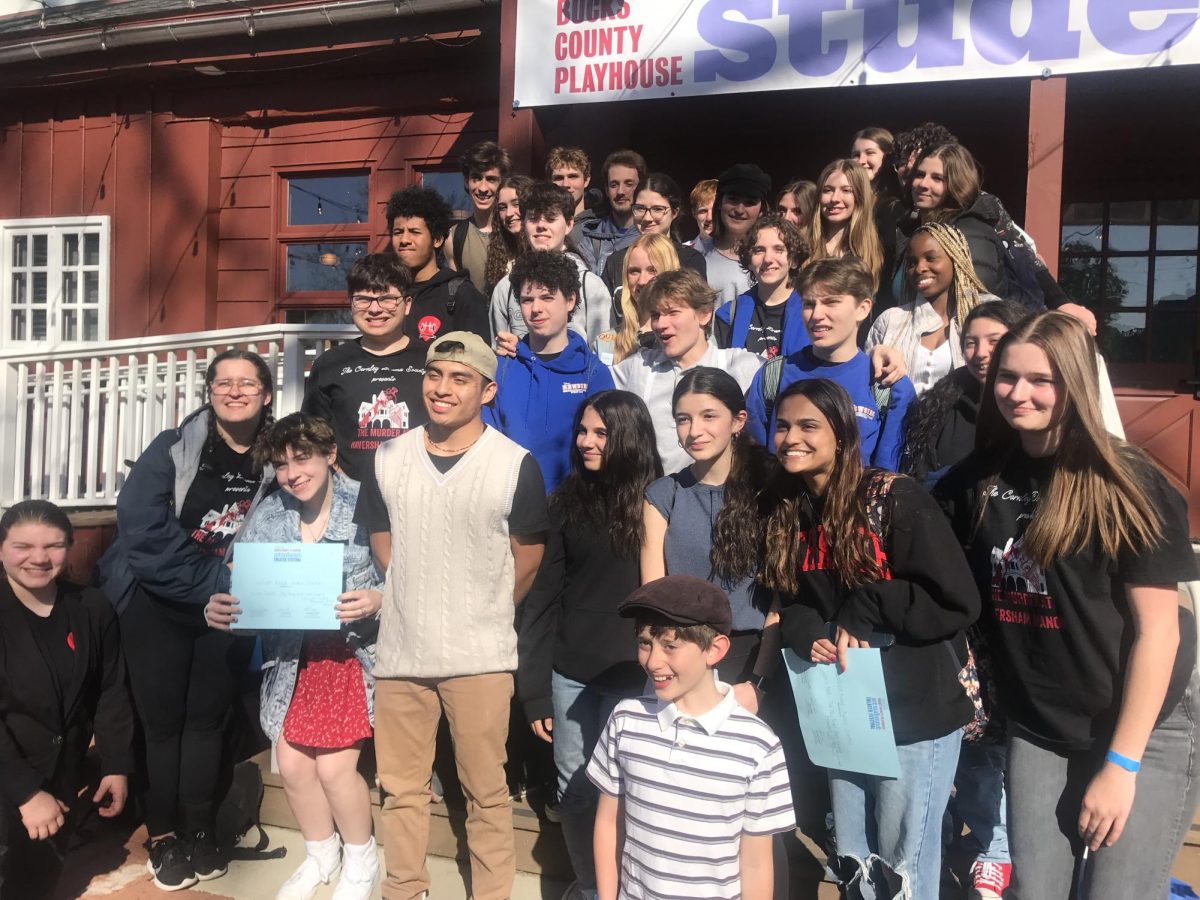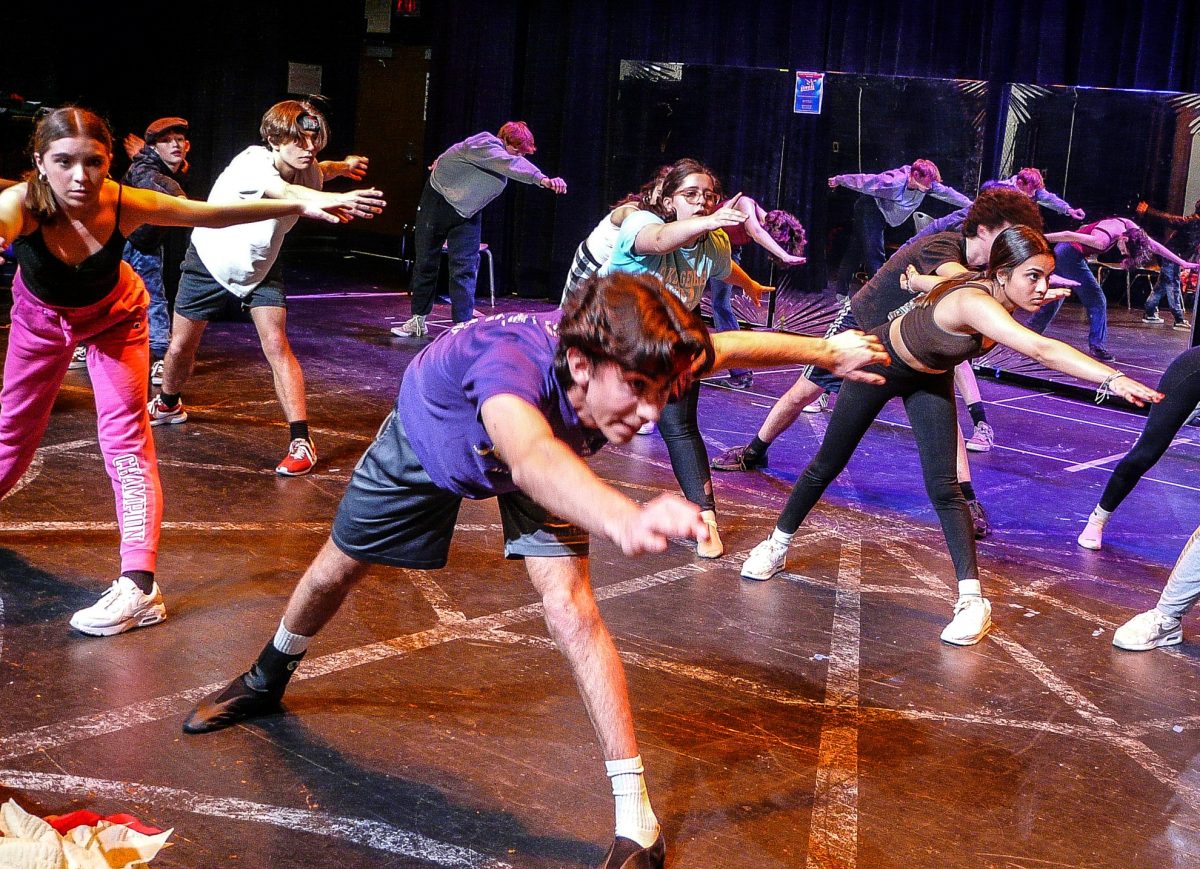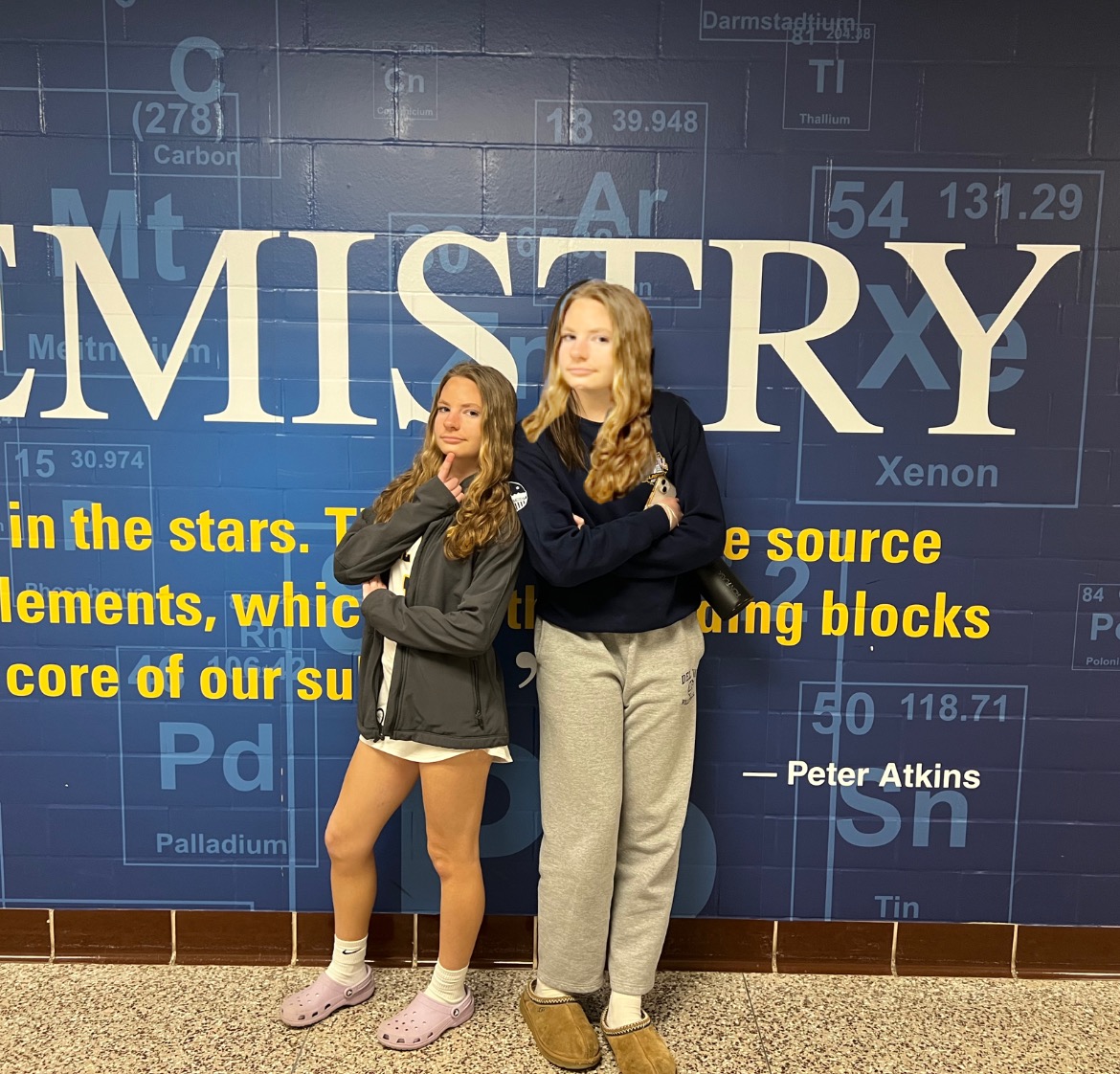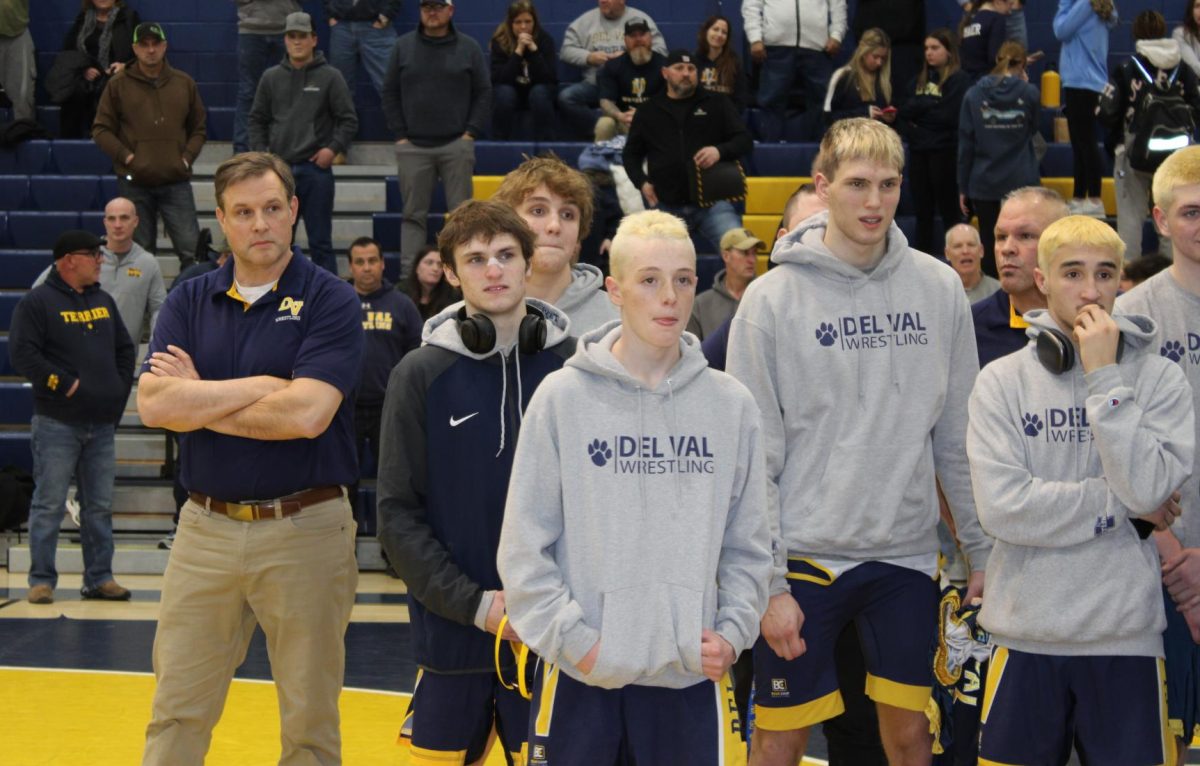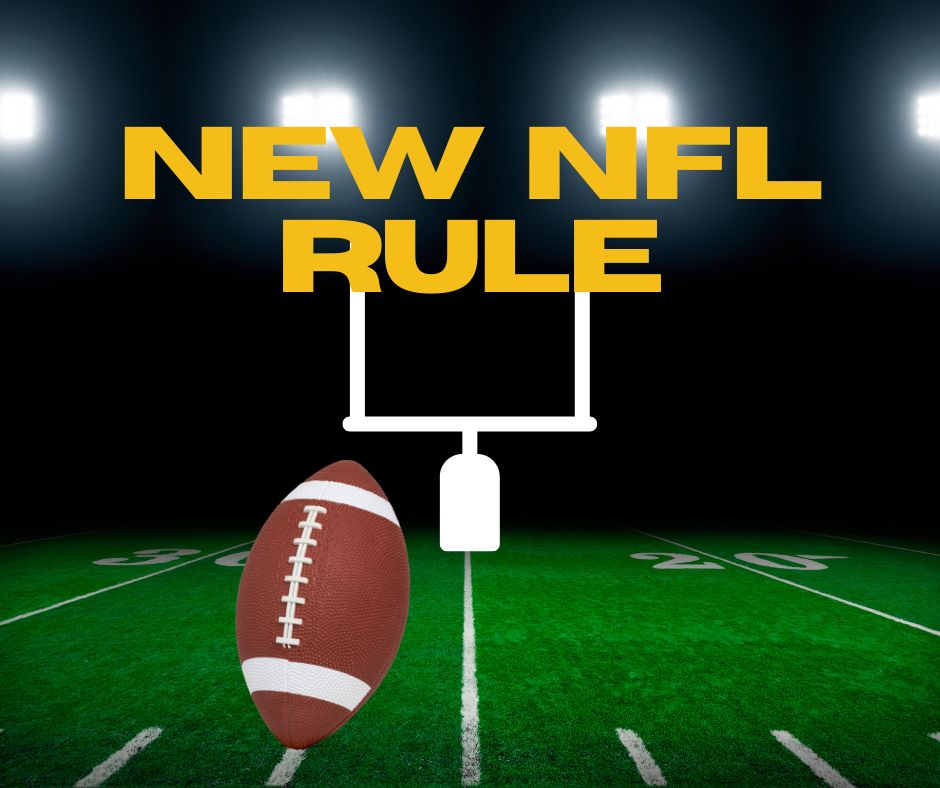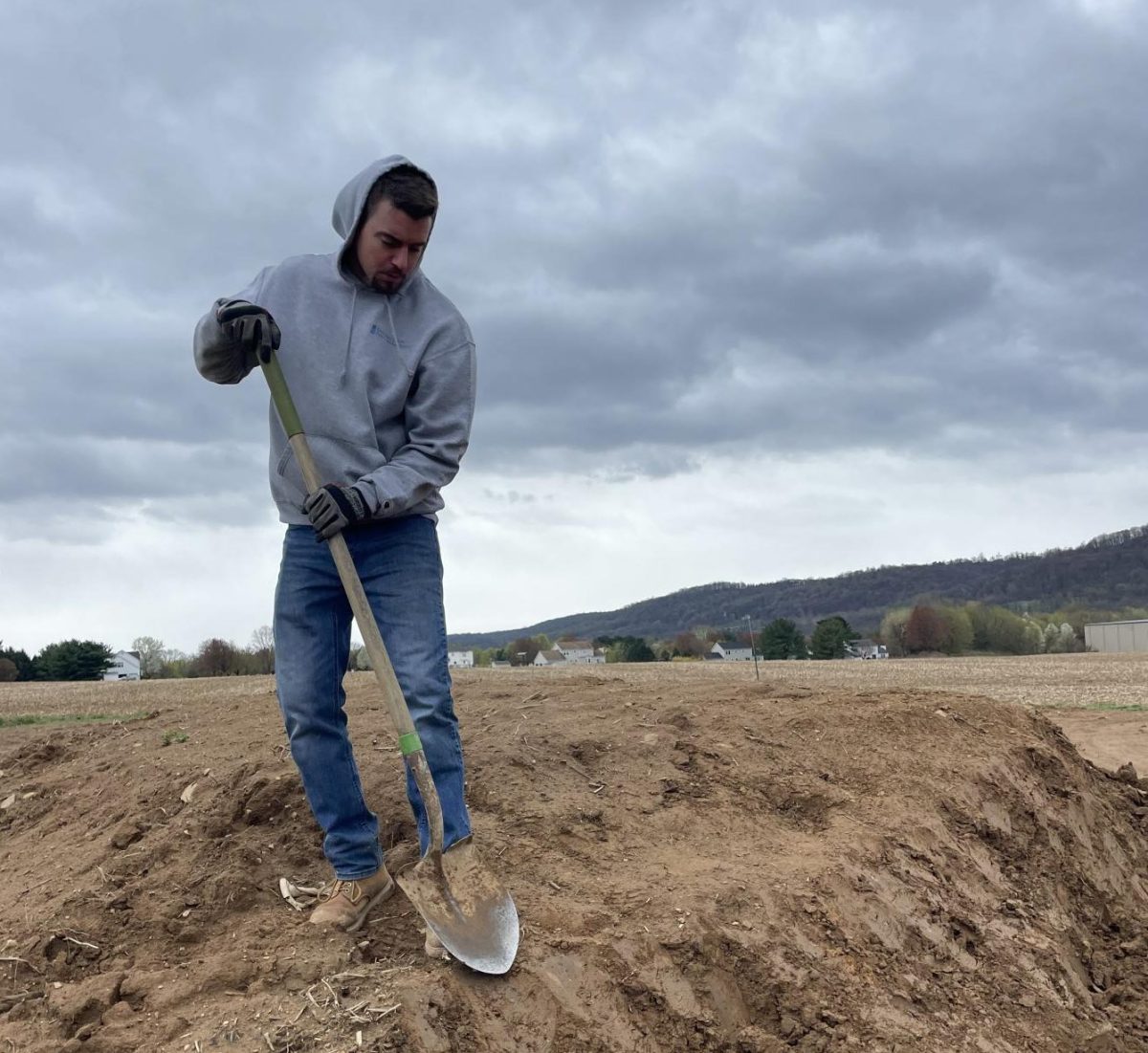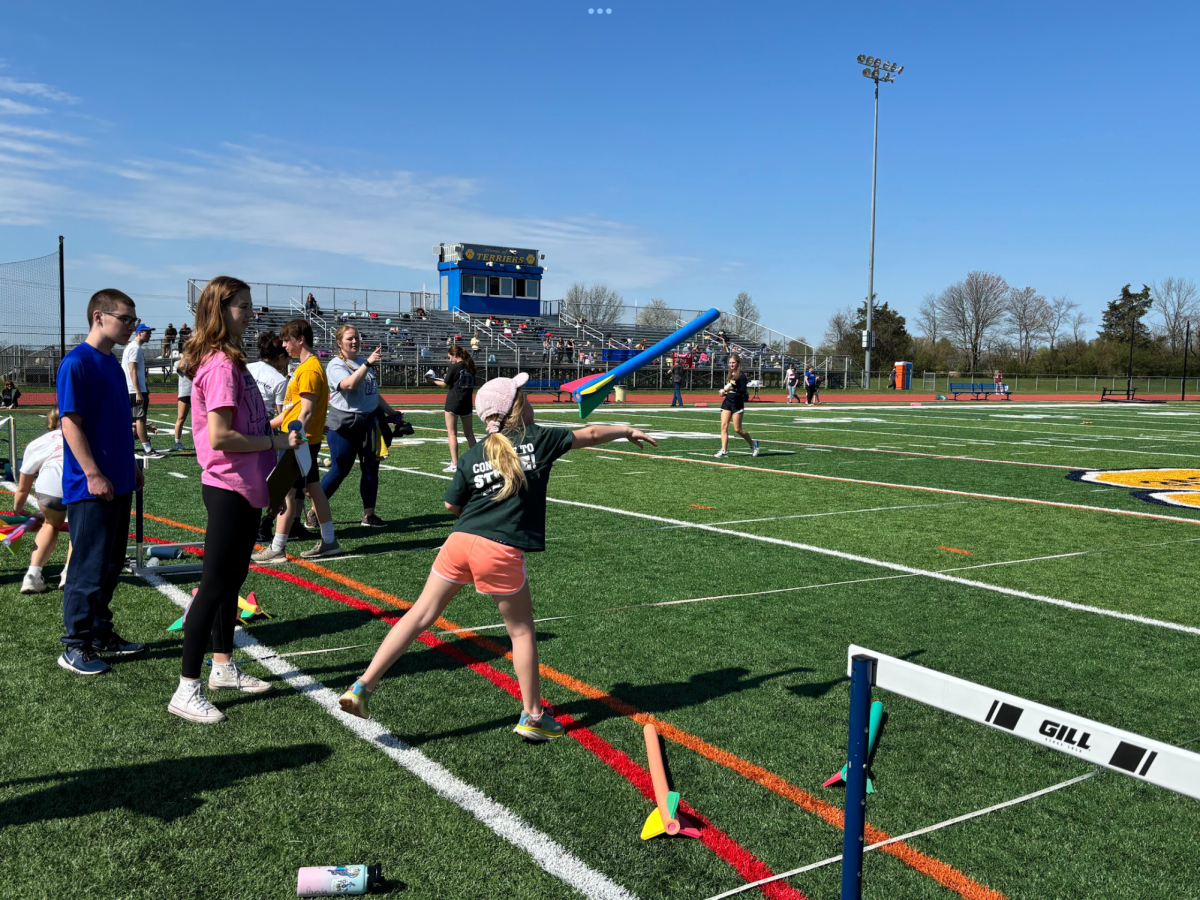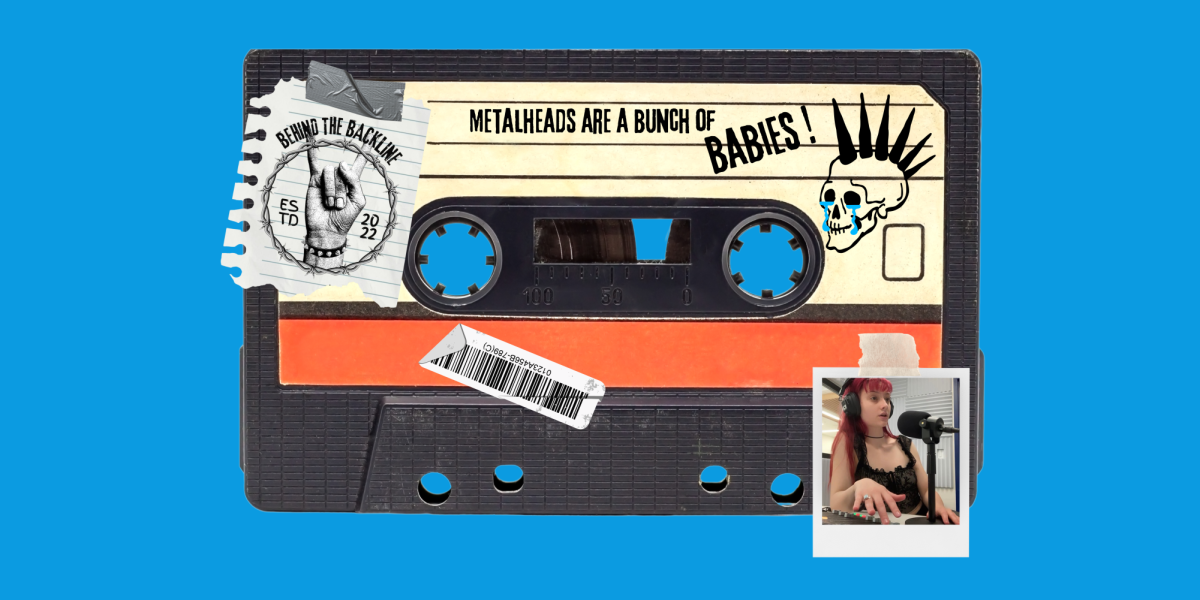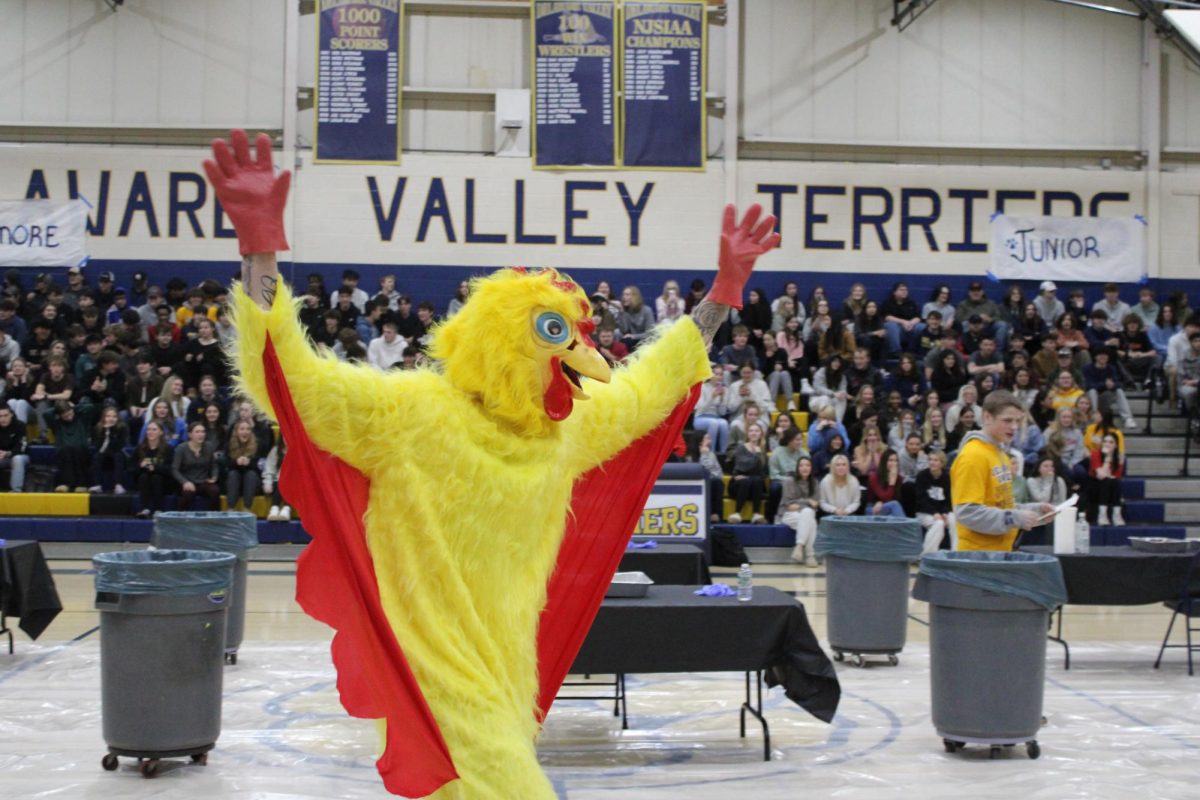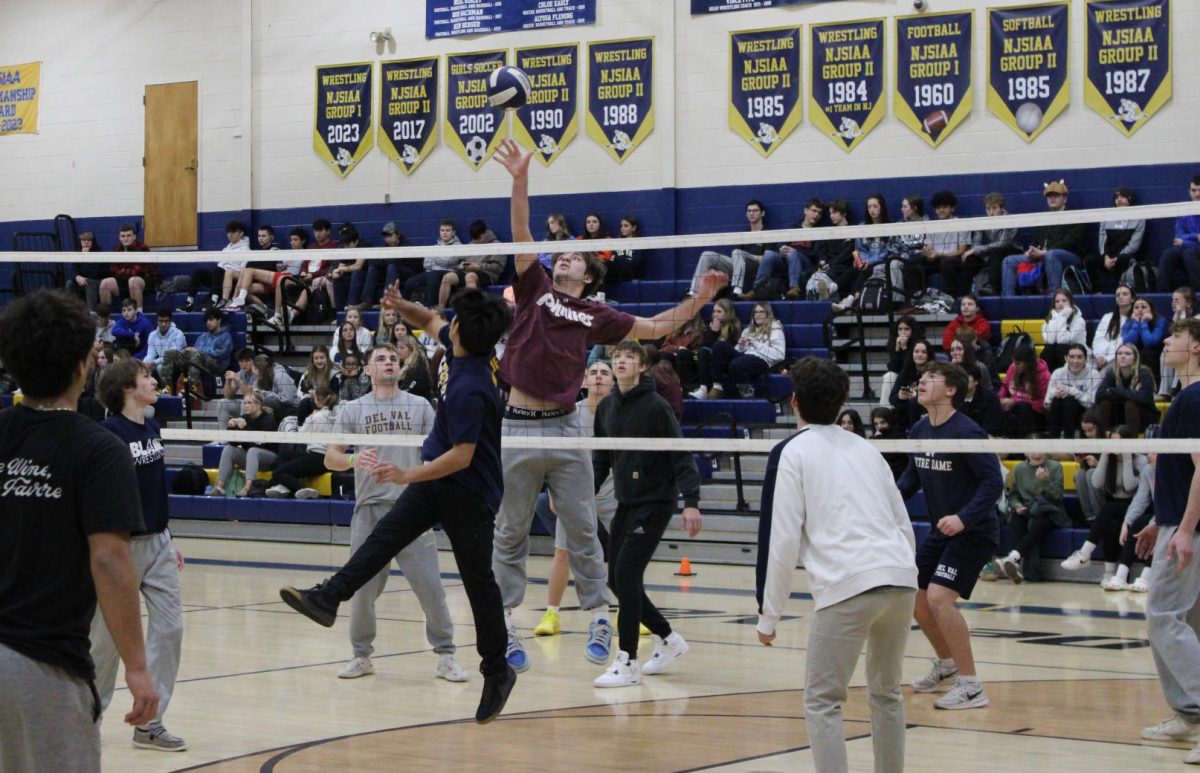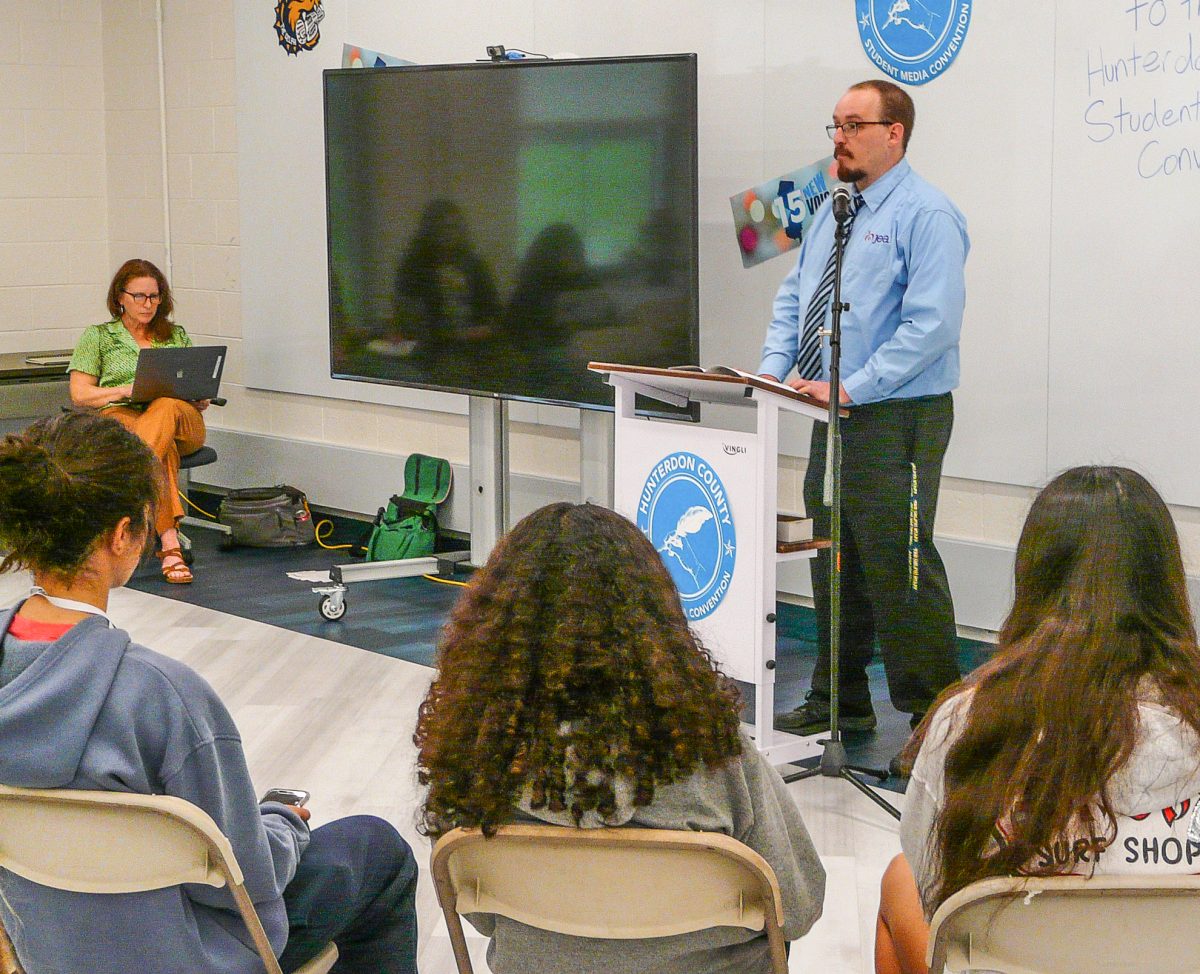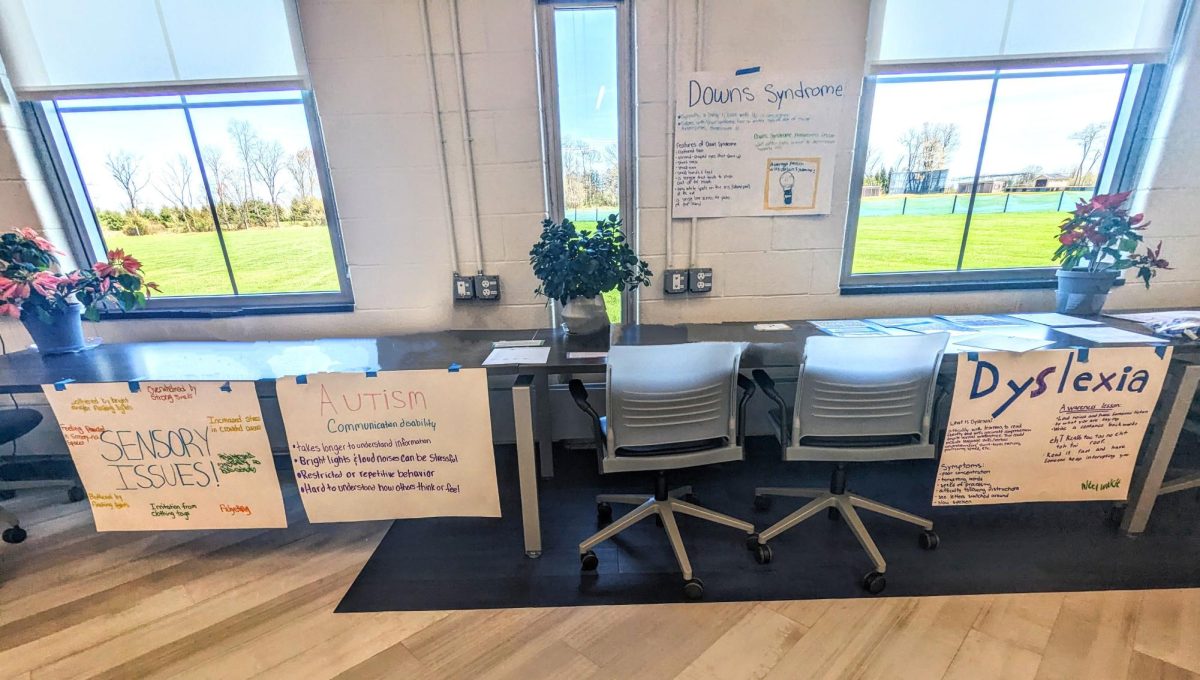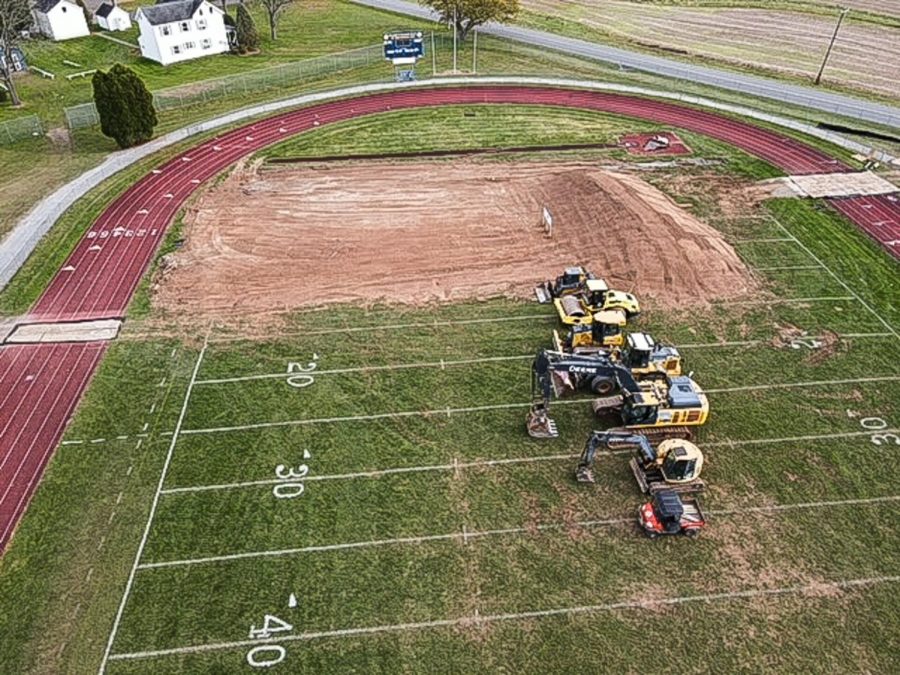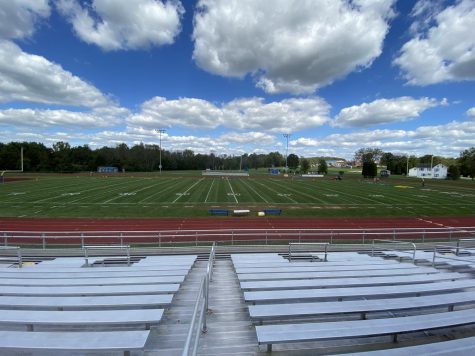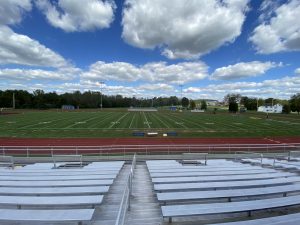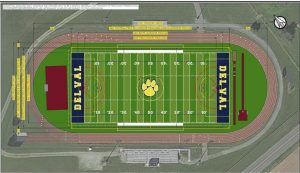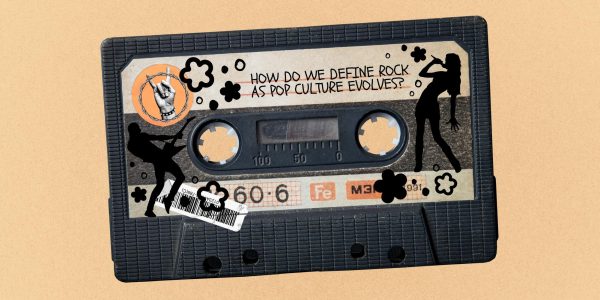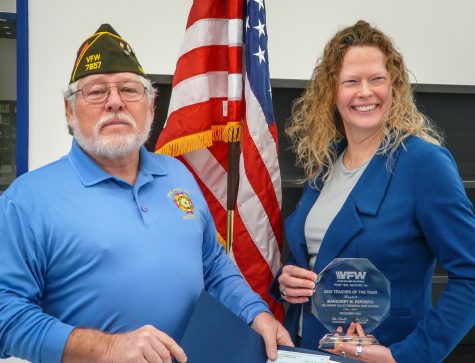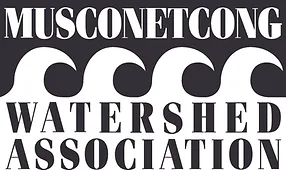Benefits of turf fields
Tap Webb Memorial Field is being updated to a turf field for the 2022 athletic season.
November 18, 2021
Turf fields are better than traditional grass fields for sports at any level, positively impacting players and schools.
One specific advantage of turf fields is that it’s very hard to cancel games due to weather. If, for example, a school has a grass field and there was a big rainstorm hours before a game, the field can have patches of mud and puddles and the grass could be all ruined, and games would have to be cancelled.
This impacts players, especially high school ones, because lots of high school players try to play sports to earn scholarships, so not being able to play at a game means students have less film to feature in a highlight tape. College scouts also might have planned on going to the game that got cancelled due to the weather.
Turf fields really don’t need any time to recover from weather, while on the other hand, grass fields become ruined from one rainy day, causing players to play worse or sometimes not at all.
Playing on turf fields also result in fewer injuries. According to The Inquirer, John Brenkus, who has studied athletic injuries on turf, has come to the conclusion that turf reduces injuries by 10%. This could be a major factor for players’ safety and their careers in sports and life in general.

Turf is softer than grass and, in turn, causes less-traumatic injuries according to School Construction News, benefiting athletes at all levels.
Turf fields also require fewer resources and money to maintain than grass ones. Grass is a living organism, meaning it needs to be maintained with water, sunlights, nutrients for the soil, pesticides and more chemicals. They also need to be cut often throughout sport seasons, and this adds on to the cost it takes to maintain a real grass field.
Complete Synthetic Turf explains that turf can last years, meaning schools will have to maintain the field in the future, but in the long run, it adds up less maintenance than regular grass. Because it’s made of artificial grass, turf does not need to be watered except in hotter temperatures, and that fact alone saves hundreds of dollars versus grass fields.
Turf fields are more beneficial than traditional grass fields because of the lower cost, the decreased athlete injuries and the simplified maintenance. Any school with the choice to change its field to turf should consider these options to improve the school’s finances and player safety.








